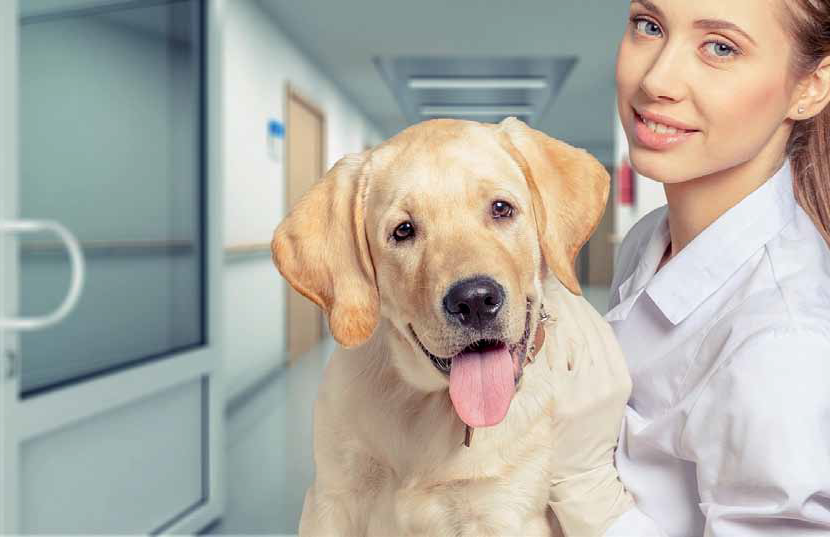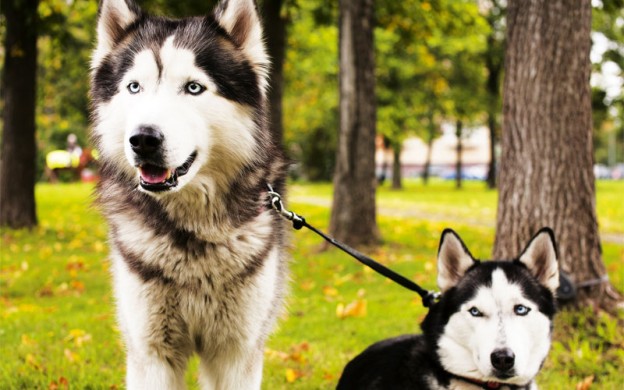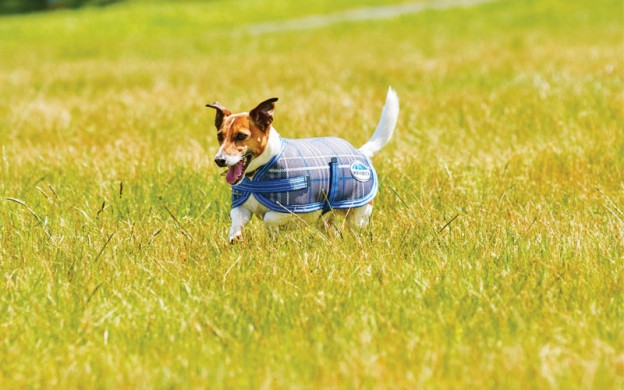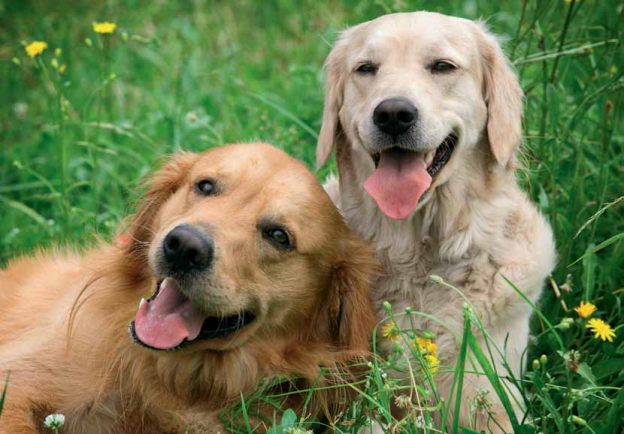
Accidental poisoning by common household items affects thousands of dogs each year. Kristie Bradfield discovers some of the most common sources of these poisonings.
You might not realise it, but the average Aussie home is full of things that are poisonous to pets. Most dog owners are vigilant about protecting their dogs from danger. We keep them away from the hazardous substances labelled with skull and crossbones that our minds automatically jump to when we think of poisons. But there are other things, more common and seemingly innocuous, that can cause a great deal of harm to our dogs. So what are these nasties hiding in plain sight and what dangers do they pose for our canines?
In the home
The key to safety in the home is being aware of your surroundings and being vigilant about what your dog can access. Two of the most common sources of poisoning in dogs are food and human medications, and our dogs don’t need to do much sniffing around to find either.
Food
It isn’t unusual for dog owners to anthropomorphise their dogs. That is, we ascribe human characteristics to our pets and sometimes this behaviour affects the amount and type of food we feed them. This can be a dangerous practice though, because some human food is bad news for dogs. We may enjoy it, and we may perceive it as “a treat” for our dogs, but the truth is that some human foods can cause a whole lot of digestive problems for them. One of the biggest no-nos is chocolate.
It contains a bitter alkaloid of the cocoa plant called theobromine. While we humans can eat it and break it down quickly without issue, dogs can’t. The severity of poisoning in dogs depends on how much chocolate is eaten, but even a small amount can be toxic. Other food nonos include:

- grapes or raisins
- cooked bones
- onions
- garlic
- sugar
- caffeine
- alcohol
In the garden
Taking a walk around the backyard reveals even more toxins in the form of fertilisers, insecticides and rodenticides.
Fertiliser
Fertilisers, whether in liquid, granule or solid form, can cause gastrointestinal problems for dogs. The severity of the attack is dependent upon how much is ingested. Signs of fertiliser ingestion include nausea, vomiting, diarrhoea, lethargy and abdominal pain. If the fertiliser contains iron or insecticides, symptoms may be worse and include seizures and pancreatitis.







